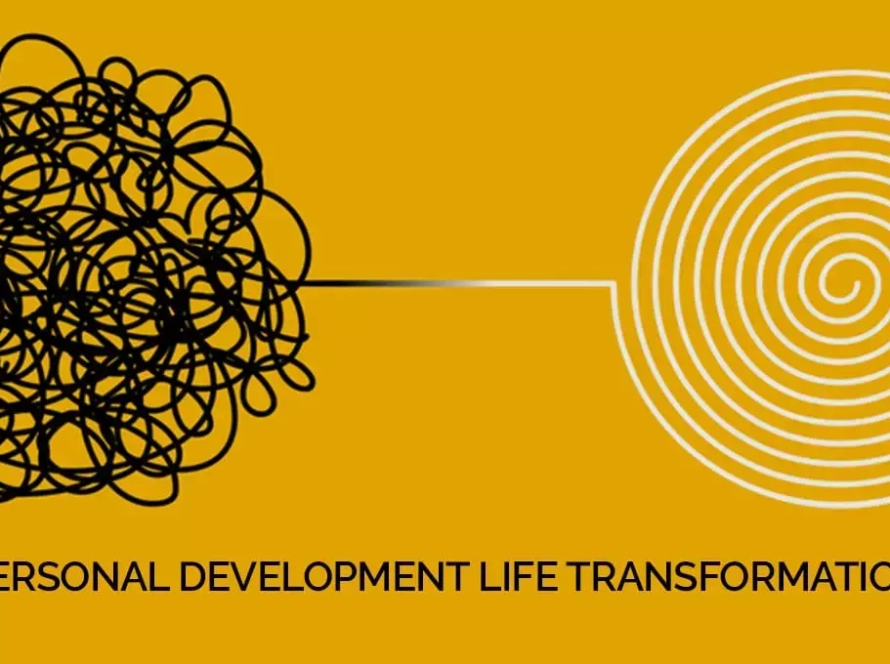Stage fright is one of the most common issues faced by people who are supposed to address an audience. No matter how much experience one has in public speaking, it is normal to feel some nervousness before bracing the stage. However, if you get on stage with trembling legs, shaky hands, and a weak voice – you won’t be able to make a good impression.
There are several techniques that you can try out to get rid of the stage fight. In this blog, we will be talking about one of the most powerful ones – positive self-talk. We will explore why people get stage fear in the first place, what positive self-talk is, and how you can use it to your benefit. Let us begin!
Why Do We Get Stage Fear?
Stage fright is usually referred to as the intense feeling that you get right before performing in front of a live audience. While it is natural to feel butterflies in your stomach before any kind of performance (even the most confident speakers feel that!), the issue arises when the fear interferes with your act.
In such cases, you might end up messing up your performance due to your stage fear. There are several reasons why you might suffer from this issue, including:
- Lack of experience
- Fear of rejection and/or failing
- Feeling of inadequacy
Sometimes, asking the wrong question can also lead to intense stage fright. For instance, if you keep wondering “Am I going to mess this up?”, your brain will reaffirm the negatives, and you will end up getting even more nervous than before. This is when positive self-talk saves the day, as we will discuss in the next section.
What Is Positive Self-Talk?
One of the major reasons behind the occurrence of intense stage fright is the fear of messing up due to not being good enough. This may be happening because your mind is only focusing on the negatives, which is normal. After all, that is its way of keeping us out of danger.
However, we are not in danger if we want to address a live audience – but it can be difficult to convince our minds. Positive self-talk can help you believe that you are competent enough to get on stage and talk to the audience.
It is often implemented as an internal dialogue that helps people feel better about themselves. Positive self-talk helps individuals trust their capabilities, thus making them more confident. The soft inner voice can make a huge difference in terms of how you perform in front of a set of people, and if that voice is constantly criticizing you – you are bound to mess up.
On the contrary, if your inner voice is positive and comforting, you will feel that you are ready for the performance. While many people let their minds choose what kind of things we hear from our inner voice, we have the choice of making the inner voice speak positive things.
How To Use Positive Self-Talk To Feel More Confident?
1. Identify The Negative Self-Talk
The first step in using positive self-talk is to accept that you are indulging in negative self-talk. Once you know what kind of negative self-talk you are subjecting yourself to, it would be much easier to get rid of it and then advance to implementing positive self-talk.
2. Use Positive Reaffirmations
One of the best ways to get rid of stage fright by using positive self-talk is to begin using positive reaffirmations even before the anxiety starts kicking in. You can begin by practicing phrases like “I am enough”, “I am going to give my best”, “I am confident”, and so on. While muttering them in between your rehearsals may be a good idea, you can also consider sitting in front of a mirror and saying it to yourself as if you are talking to someone.
If you want to take it up a notch, you can use paper and pen for positive self-talk as well. For instance, you can write the reaffirmations on small sticky notes and stick them in your room. This way, you will end up looking at it from time to time, and will never forget to do the positive-self talk!
3. Remind Yourself Of Your Achievements
Since stage fear arises due to not the feeling of not being good enough, it would be a good idea to remind yourself of all your relevant achievements. Remember all the times that you faced an audience and delivered a good performance. This way, you will feel reassured that if you can do it once, you will do it again.
However, if it is your first time and you are getting intense stage fright, you can try remembering anything that you excelled in simply by working hard and staying focused. Since we often forget such information during episodes of stage fright, you should write such achievements down somewhere so that you have direct access to it whenever you feel incompetent.
4. Focus On The Right Questions
A crucial part of positive self-talk is focusing on the right questions. If you ask yourself “Am I going to forget all my lines as soon as it is my turn to speak?”, there is a high chance that your inner voice will say “yes”. Hence, instead of focusing on talking about everything that can go wrong, talk to yourself about everything that will likely go right.
For instance, you can ask yourself whether you will learn something out of this. Or, you can consider thinking about how you can make the best out of the opportunity that you have been given.
Conclusion
While talking to someone and getting hyped up by them right before addressing a live audience can be of great help, nothing triumphs over positive self-talk. When you are there for yourself and truly believe in yourself, you are more likely to increase your confidence and truly put the stage on fire. If you want to master the skill of positive self-talk whenever you feel stage fear or enhance your public speaking skills as a whole, you should consider trying out Oracle Academy. You can visit their website to learn more!

